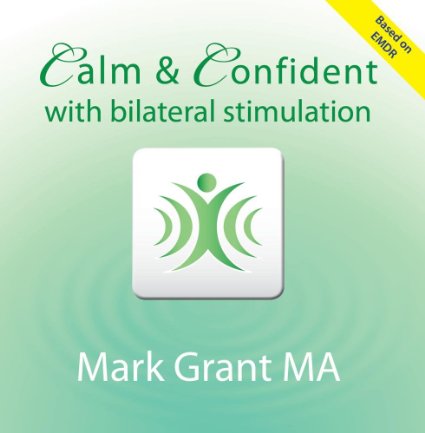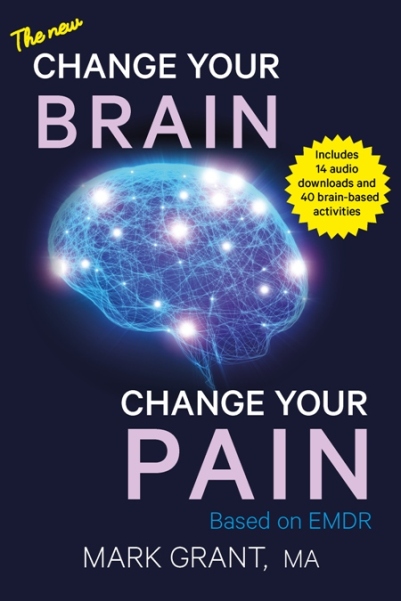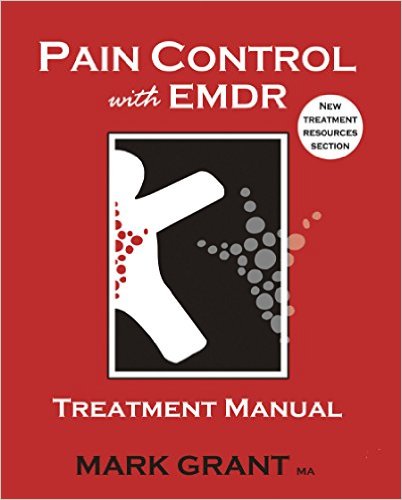Brain Tips: 27 Things you can do to care for your Brain
27 Things you can do to care for your Brain
(Based on ‘the four pillars’ of brain health)
Stress Management
- Know Thyself – What kind of brain do you have and how does it influence your personality. Does your brain prefer the order and predictability of the known world (LH) or is more interested in the excitement of the new (RH)? Just knowing this about yourself will help you understand a lot about your-self and your relationships with others. Why for example, you don’t like to leave things unfinished (LH) or why too much detail bores you (RH). A good balance of both is best so try and develop the other side of your brain/personality.
- Avoid Stress Like It Is Brain Poison (because it is!) – Psychiatrist Milton Erickson used to say, ‘if you meet someone who makes you feel bad about yourself – run!’ Unfortunately sometimes we have to tolerate unpleasant people or situations for the sake of the children, our career etc. Then we are choosing to sacrifice our happiness for a long-term goal – a uniquely human capacity. Sometimes terrible things happen over which we have no control. Then we have to learn how to manage our painful feelings and accept some changes to our self and world view.
- Meditate – Meditation is a powerful brain booster. Start with 5-10 minutes of “mind-training” to make it still and empty; and build it up to 30-120 minutes every day as you master the art. Be patient with yourself as the induction is often slow
- Sleep – 7-8 hours/night of sound sleep is essential for stimulating new connections and brain growth. Identify and address all obstacles to sleep, including an over-active mind, physical tension, undiagnosed sleep apnea.
- Practice mindfulness – Stop at regular periods throughout your day and mentally check-in with yourself. Notice any tension or preoccupations, without judging or analysing. If it’s not something you can change now, why not shelve it until later? Don’t “waste” your worry.
- Practice self–soothing – Use brain-smart strategies such as bilateral stimulation to ‘short-circuit’ worry and stress. Stop for a moment and take a deep breathe every now and then and notice how it feels. Direct your attention to soothing elements of your environment – sometimes you just need to stop and smell the roses – literally!
- Get support. Sharing your problem with trusted loved ones releases endorphins and is one of the best antidotes against stress.
Mental Stimulation
- Learn, Learn, Learn – Learning stimulates Learn a variety of new things that are unrelated to what you normally do. Variety is key.. meet new people, learn a new skill, learn to dance, take up drawing or knitting.
- Step Outside Your Comfort Zone – This is tremendous for your brain. Do something that stretches you and makes you somewhat uncomfortable. Travel, vary your routine. If you are a very goal-oriented person, try doing something for the heck of it occasionally. Listen to different music styles
- Use It Or Lose It – Exercise your mental abilities to keep them strong. For example, if you think creatively, you will strengthen the connections that you draw upon for creative thought.
- Become Ambidextrous – Use your non-dominant hand to to everything you can. Eat with it draw with it, brush your hair with it, whatever. This is a powerful tip!
- Avoid Boredom –Boredom is the enemy of an active and growing brain. The best way to avoid boredom is to develop an attitude of curiosity and work on your attention.
- Do Brain Teasers, games and puzzles Solve crosswords, Sudoku, etc.
- Play Video Games – Some exposure to video games is good for your brain and even your children’s. But play different games and not the same one over and over.
- Sing to solve problems. Singing about your worries activates your right hemisphere which is responsible for pattern recognition.
- On the web: Try some of these websites:
http://www.gamesforthebrain.com/
http://www.proprofs.com/games/
Exercise
- Exercise, Exercise, Exercise – Just walking for 30 minutes a day will stimulate cell growth and repair in your brain. Healthy blood flow in your brain strengthens and maintains your neuronal connections. It doesn’t matter whether you do weight training, pilates or jog. Every type of exercise is a different drug with its own benefits.”
- Vary Your Exercise Routine – Try walking backwards! I hope you’re getting the picture now! Do something different. Habit is easy, novel is good for your brain.
Diet
- Eat A Rainbow Diet – Eat colorful foods; orange, red, blue, purple, and green foods. These are loaded with phytonutrients and antioxidants. The nutrients are important brain food and the antioxidants are critical for your cell protection. When you burn energy you produce free radicals and you need antioxidants to gobble them up before they damage your cells.
- Eat Complex Carbohydrates – Eat 80% fruits and vegetables. The more fiber they contain the better. Pretend you will die if you don’t eat cruciferous vegetables. Well actually don’t pretend because you will.
- Avoid Trans-Fats. They harden your cell membranes and make your brain slow.
- Eat Fish, Chicken, Turkey, and Beans For Protein – These are loaded with the amino acids required for your brain to make and maintain neurotransmitter levels.
- Eat Seeds and Nuts for Fat and Protein – Almonds, walnuts, macadamia nuts, and pecans are excellent as are pumpkin, sunflower, flax and other seeds.
- Control Your Blood Sugar – Too much glucose will kill your brain and too little will starve it.
- Eat dark chocolate. Dark chocolate increases blood flow to the brain (and heart). Dark Chocolate actually helps regulate blood sugar. It is also full of antioxidants and minerals, including Phenylethylamine (PEA) the love drug.
- Alcohol in moderation.
- Control Your Weight – Excess fat mucks up everything. It plays havoc with your blood sugar.
Mark Grant, MA
EMDR Music and Books
Instantly download music based on EMDR for overcoming pain and purchase Marks books.
EMDR Workshops
Find out about upcoming workshops for those in the field of professional pain management
The Blog
Read Mark’s helpful Blog Posts for helpful articles on EMDR, BLS, Pain Management and Self Help.



